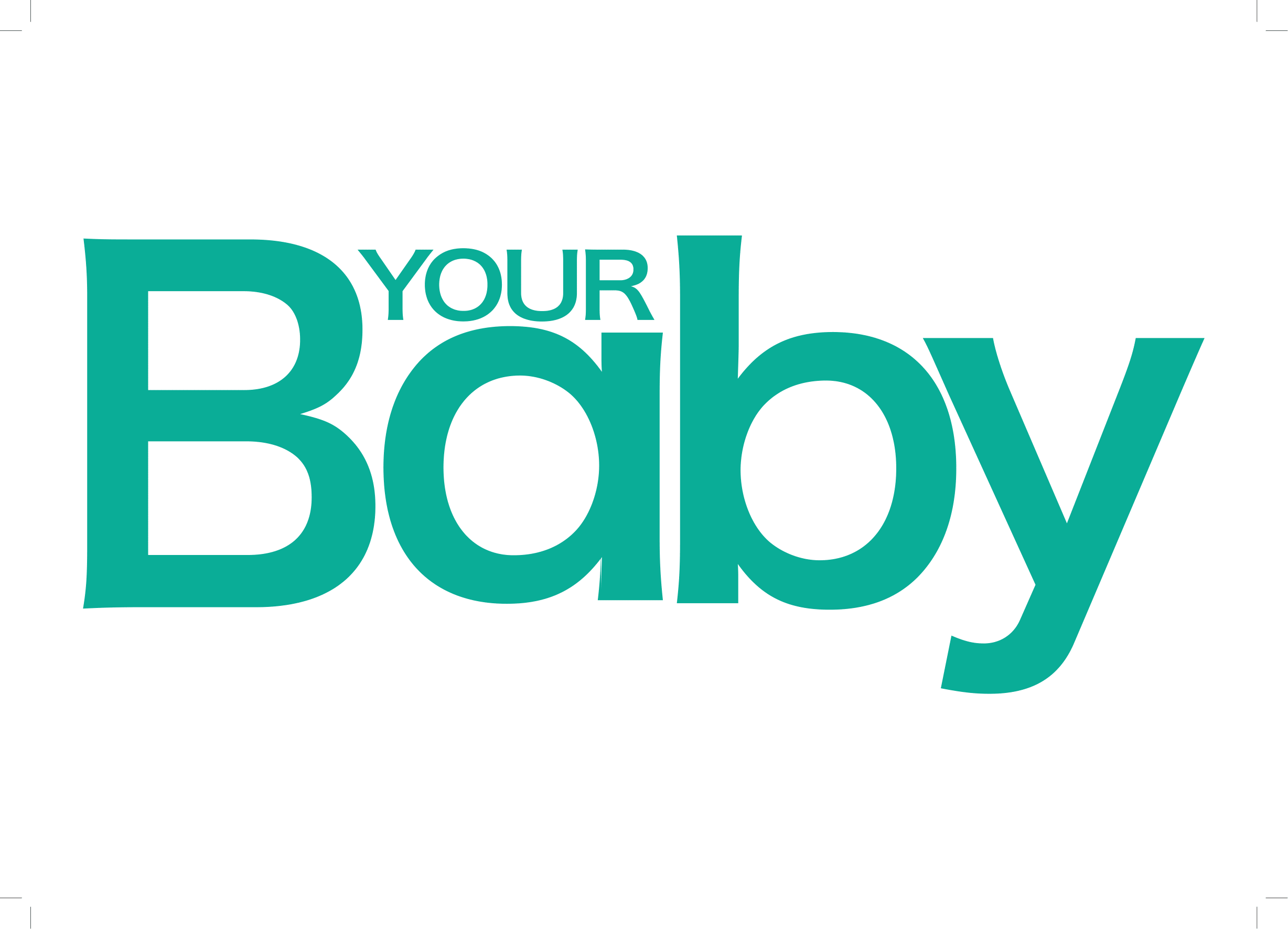We’ve covered just about everything you need to know to take really good care of your brand new baby. But it’s so important that you know how to take care of yourself now too. This little baby only has you and he needs you to be well and whole.
Motherhood is a turning point in a woman’s life. Some women cope better than others. Coping is not dependant on what you can afford to buy for your baby or whether you can hire a nurse to help you or whether you have to go back to work in the near future. It is dependent on your support structures, your own experiences in childhood and your physical, mental and emotional health, as well as how easily you adapt to change.
After having a baby, you will think, behave, look and act differently. Most obvious are your physical changes. While some women lose their pregnancy weight easily and enjoy bigger breasts, others bemoan the fate of flabbiness, stretch marks and bigger hips. Try to stay active, not only to beat those new-mom body blues, but also to retain a sense of individuality.
Another huge adaptation is looking after another human being (besides your husband – or partner). Now that you’re a family, just as much as your baby needs attention, so too does your partner. Savour your months of maternity leave and use this time to adapt to the demands of your new family.
Childbirth has taught you a lot about your body, and proven to you that you are a lot tougher than you thought you were. Build on these experiences throughout your journey through motherhood, and in turn pass on to your children what you have learned from it.
Bringing sexy back
Although you may think that childbirth has put you off sex for life, you will, can and should enjoy sex again. Have a check-up with your doctor first, get some advice on contraceptives and indulge in a (small) bottle of champagne! You could go back to the contraceptive you were using before, or you could change your brand or method.
What are contraceptives and how do they work?
All contraceptives are a Schedule 3 drug, which means that although they’re not habit-forming, they do need a prescription. A prescription can be repeated for up to six months.
What are the different birth control options available?
Contraceptives after childbirth are a personal choice. Most women go back to using what worked for them before pregnancy. If you have never used contraceptives, find out more about them before you decide which method you would like to use. This depends on your age, medical history and lifestyle.
To date, there is no “perfect” commercial contraceptive because all birth control options contain steroids or artificial hormones in high quantities, mostly to inhibit ovulation. A combination of oestrogen and progesterone stops ovulation, thickens the mucous plug in the cervix to stop sperm penetration and minimises the thickness of the womb lining to prevent the embedding of the fertilised egg (or ova).
Natural birth control means timing sexual intercourse before and after ovulation when the woman’s body is naturally infertile. Couple-counselling from a trained natural family planning specialist is essential. Once the couple understands her fertility cycle, this method is considered safe (see table for the different options).

What to use when breastfeeding?
Breastfeeding is considered a natural contraceptive because it stops ovulation– but don’t rely on this method because it needs to be dedicated, continual breastfeeding and you have to be sure if and when ovulation has occurred. The mini-pill, or progesterone-only pill, is usually recommended for women who are breastfeeding. This pill does not stop ovulation, but it thickens the natural plug in the cervix (mouth of the womb). Condoms are considered a safe option.
Discuss birth control with your doctor when you go for your postnatal check-up. It’s pointless using contraceptives if you’re not having sex – and most women prefer waiting four to six weeks after the birth, or until they feel ready. Having your first period is a good indication that your reproductive system is ready – but use condoms or a spermicidal gel if you’re sexually active before then.
Who to talk to and where to get it
The gynaecologist who delivered your baby is the best person to speak to – or your family doctor who prescribed contraceptives in the first place. They will also tell you where to get them.
What has your experience with contraception been? Tell us at chatback@parent24.com and if you feel these details might be a bit intimate we will publish them anonymously if you so choose.




 Publications
Publications
 Partners
Partners










